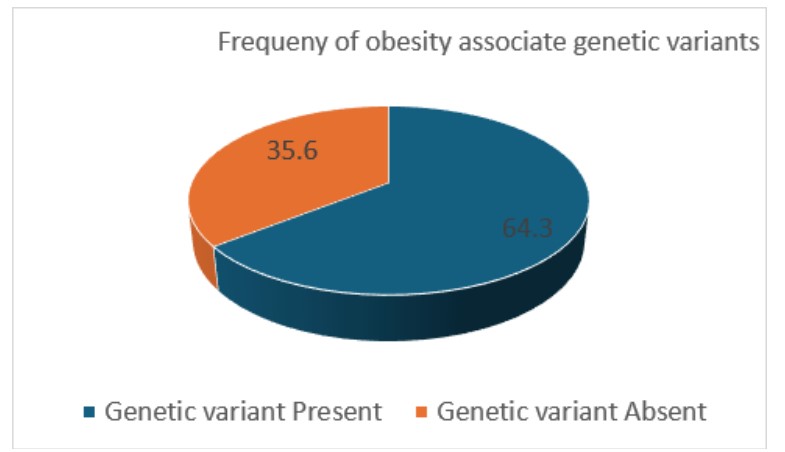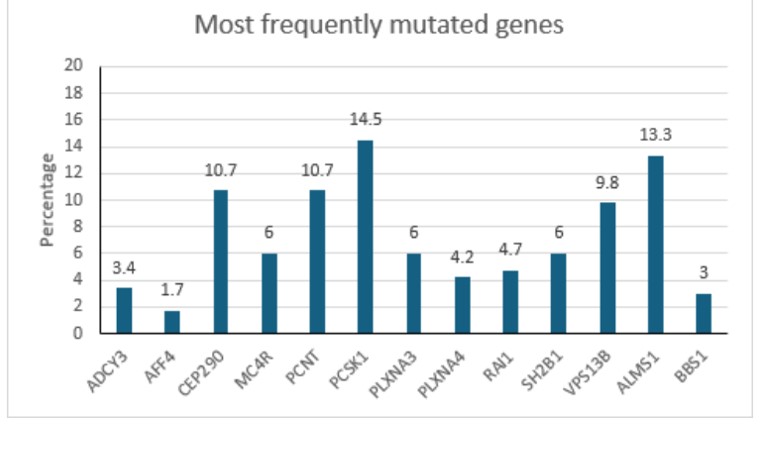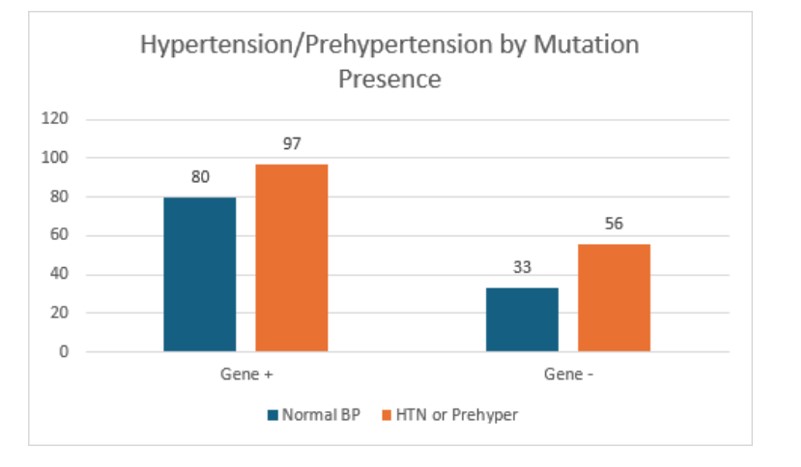Obesity 1
Session: Obesity 1
275 - Genetic Impact of Cardiovascular Risks in Pediatric Population with Obesity
Sunday, April 27, 2025
8:30am - 10:45am HST
Publication Number: 275.5054
BHAMINI SHEKHAWAT, Texas Tech University Health Sciences Center School of Medicine, Amarillo, TX, United States; Praveen K. Sah, Texas Tech University Health Sciences Center School of Medicine, Amarillo, TX, United States; Kevin M. Nguyen, Texas Tech University Health Sciences Center School of Medicine, Portland, OR, United States; Tetyana L. Vasylyeva, Texas Tech University Health Sciences Center School of Medicine, Amarillo, TX, United States; Shyanne Hefley, Texas Tech University Health Sciences Center School of Medicine, Amarillo, TX, United States; Amanda Cutts, Texas Tech University Health Sciences Center School of Medicine, Amarillo, TX, United States; Treyce Money, Texas Tech University Health Sciences Center School of Medicine, Amarillo, TX, United States
- BS
BHAMINI SHEKHAWAT, MD (she/her/hers)
Resident
Texas Tech University Health Sciences Center School of Medicine
Amarillo, Texas, United States
Presenting Author(s)
Background: This observational retrospective cohort study aims to investigate the role of genetic variants in pediatric obesity, with a focus on their contribution to cardiovascular health (CVD) and hypertension (HTN). By examining genes, the research provided insights into how genetic predispositions to obesity influence early-onset cardiovascular risk, potentially enabling early genetic screening and personalized intervention strategies.
Objective: The focus of this research is to discover link in early-onset cardiovascular disease (CVD) and hypertension (HTN) among pediatric obese population. Certain genetic factors have been discovered to impact obesity among this population. Among the key genes involved are MC4R, PCSK1, BBS, POMC, and LEPR, which have been implicated in regulating appetite, energy balance, and metabolic processes. Understanding these genetic associations will be crucial for developing targeted therapies aimed at preventing both obesity and its cardiovascular complications.
Design/Methods: Genetic testing was done in a sample size of 362 pediatric patients ( < 18 yrs old) with obesity (BMI above 99%) who received care at the Pediatric clinic from 2019 to 2023. The null hypothesis for this study was that there is strong relation between certain genotypes which predisposes pediatric obesity and its link to CVD, hyperlipidemia and HTN.
Results: The genetic testing was focused on 72 genes which are already linked to obesity. The data showed that 64.3% patients with obesity had genetic variants present predisposing to obesity in studied sample (Figure 1).Based on genetic data analysis the most common gene factors found was PCSK1 (14.5%); ALMSA (13.3%), CEP290 (10.7%), PCNT (10.7%) (Figure 2). Furthermore, the study discovered that HTN , Pre-HTN and dyslipidemia was significantly higher in population with genetic mutations (Figure 3).
Conclusion(s): The observational retrospective cohort study on Amarillo pediatric population concluded that predominantly PCSK1 (14.5%); ALMSA (13.3%), CEP290 (10.7%), PCNT (10.7%) genetic variants were found in sample population with obesity. In addition, populations with genetic mutation had significantly higher percentage of HTN, Pre-HTN and dyslipidemia. Further research study needs to be conducted to get more detailed information on genetic variants and its role in CVD and HTN.
Figure 1.
 Number of Pediatric patients with obesity with implicated genetic predisposition.
Number of Pediatric patients with obesity with implicated genetic predisposition.Figure 2.
 The most frequent genetic mutations observed in the Pediatric clinic.
The most frequent genetic mutations observed in the Pediatric clinic.Figure 3.
 HTN, Pre-HTN and dyslipidemia was significantly higher in population with genetic mutations
HTN, Pre-HTN and dyslipidemia was significantly higher in population with genetic mutations
